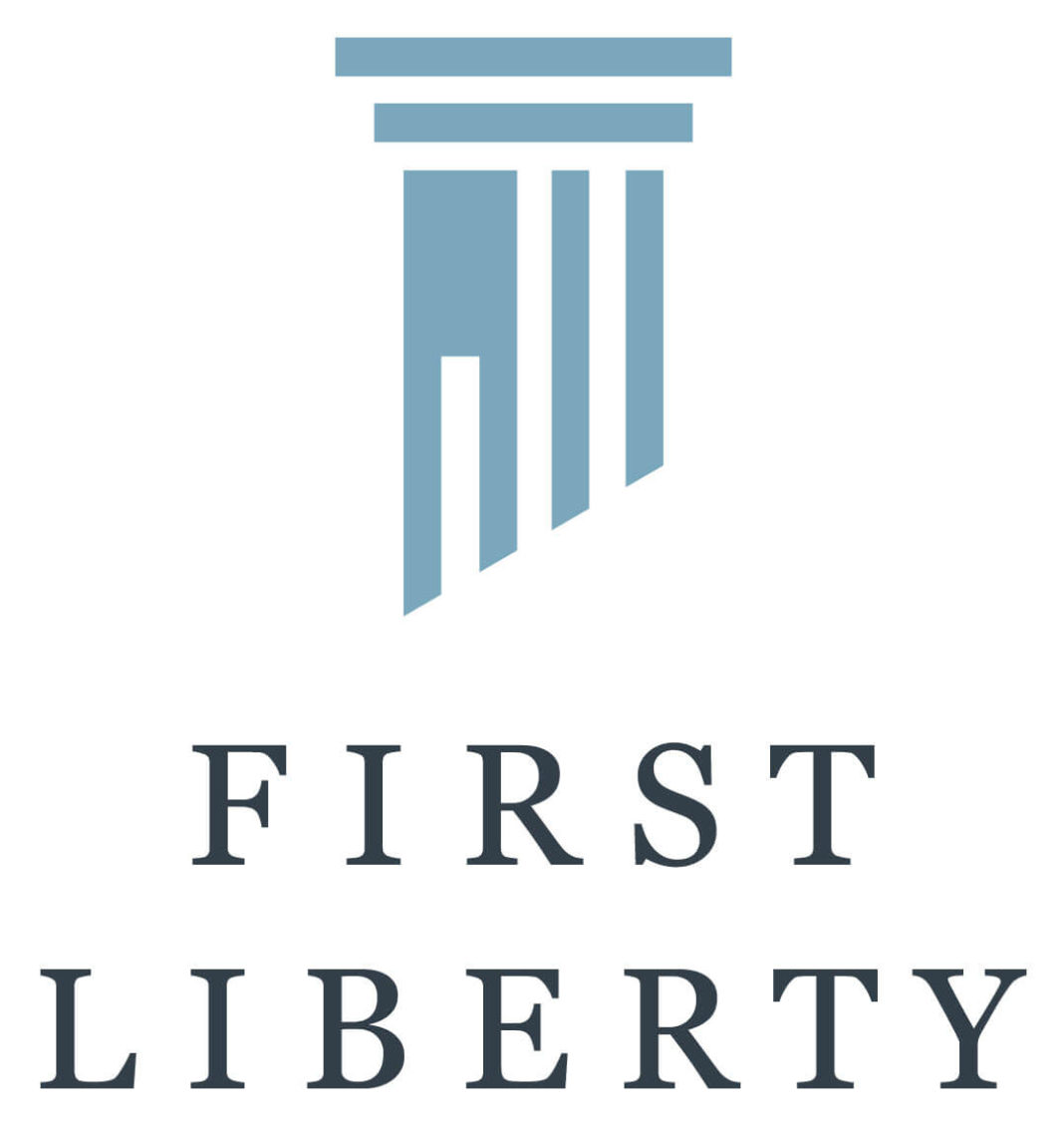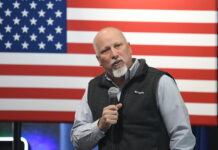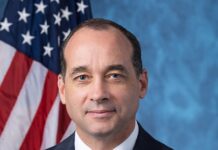First Liberty Institute representing Citizen Power Initiatives for China (“Citizen Power”) today filed a friend-of-the-court brief at the Supreme Court of the United States in cases regarding donor privacy, Americans For Prosperity v. Becerra and Thomas More Law Center v. Becerra. Citizen Power is a nonprofit organization dedicated to advancing a peaceful transition to democracy in China and has donors who face reprisals by the Chinese government and those acting on its behalf.
You can read the brief here.
“For our client and its supporters, maintaining privacy is a matter of life and death,” said Kelly Shackelford, President, CEO, and Chief Counsel for First Liberty Institute. “In today’s cancel culture, people know it’s unwise to trust our own government with their private information, let alone China. It is vital that the Justices protect donors’ privacy to shield them from threats, harassment, and worse.”
Citizen Power’s founder and president, Dr. Yang Jianli, narrowly escaped capture as he witnessed the Tiananmen Square massacre. Following his return to China, he was imprisoned until diplomatic efforts by the international community — including the United States — procured his release. Immediately following his return to the United States, he formed Citizen Power Initiatives, which has seen at least one of its major donors imprisoned in China.
California requires all charitable organizations that solicit contributions within the state to register and file periodic reports with its Attorney General, including a list of the names and addresses of all of their major donors. California law imposes no civil or criminal penalties for disclosure of these records. The district court also found that California’s blanket disclosure system has resulted in the exposure of around 1,800 confidential donor lists and that even during some of the litigation, California’s website rendered vulnerable to unsophisticated hackers every confidential document in the registry.
According to the brief, “The liberties that the First Amendment expressly guarantees depend on a vigorous protection of the auxiliary freedom of association. Blanket donor-disclosure regimes like California’s create an intolerable risk of exposure and thus severely abridge that freedom. Exposure of a group’s members and donors can subject them to significant reprisals by the public and therefore dissuade further membership and donations — a fact that this Court has acknowledged when marking the freedom of association’s contours.”
















